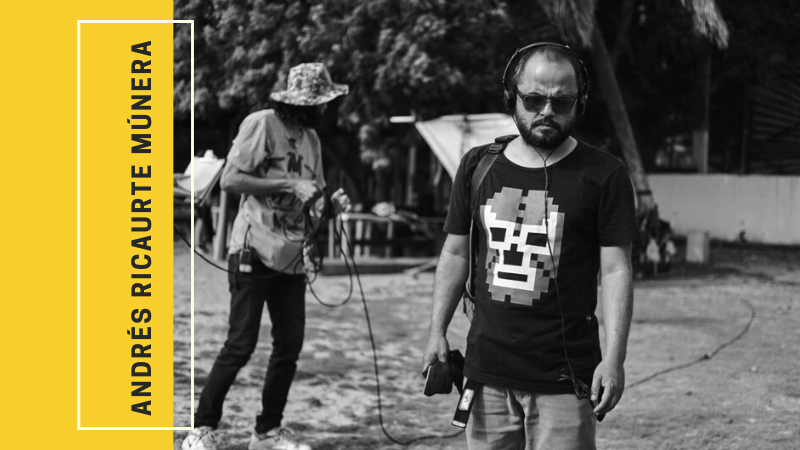Andrés Ricaurte Múnera
Andrés Ricaurte Múnera
is a film and television production technologist, passionate about telling the stories that reside in every being, on every corner, aware of the power of the screen and the process of living. He directed "SARA," la fuerza del mar (2021), a feature film in postproduction. Also, "Un camino para Tomás," a short film (2019), and "Un guardián ante el espejo," a short film (2018), all three projects written by Martín Agudelo Ramírez and produced by Punto 8Audiovisual. Currently, he works as a director in the development of film projects and the creation of music videos, with over 150 music videos for various artists across musical genres since 2018. He has also participated in various film projects in each department since 2012.
Your project is participating in our festival. What is your project about?
As I've always said, Sara "the force of the sea" is a tiny point of light in the darkness for many, a light that brings hope to humanity. It's a story that fundamentally addresses the stark difference between law and justice in today's world. However, on a deeper level, the plot rises as it invites us to delve into the innermost feelings of those experiencing the conflict and walking the rough path of reflection toward expanding consciousness.
Your project is participating in our festival. What is your project about?
As I've always said, Sara "the force of the sea" is a tiny point of light in the darkness for many, a light that brings hope to humanity. It's a story that fundamentally addresses the stark difference between law and justice in today's world. However, on a deeper level, the plot rises as it invites us to delve into the innermost feelings of those experiencing the conflict and walking the rough path of reflection toward expanding consciousness.
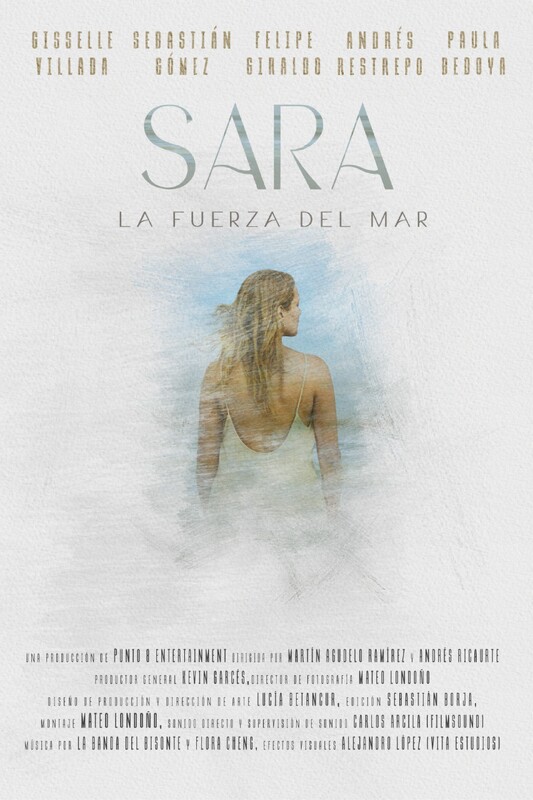
What were your requirements for actors participating in your film?
I wanted them to step into the shoes of the characters inhabiting the narrated spaces, to commit to the script, and thus, respect and value the author's voice. Through their artistic dedication, I aimed for them to recreate, as authentically as possible, the reality behind the literature.
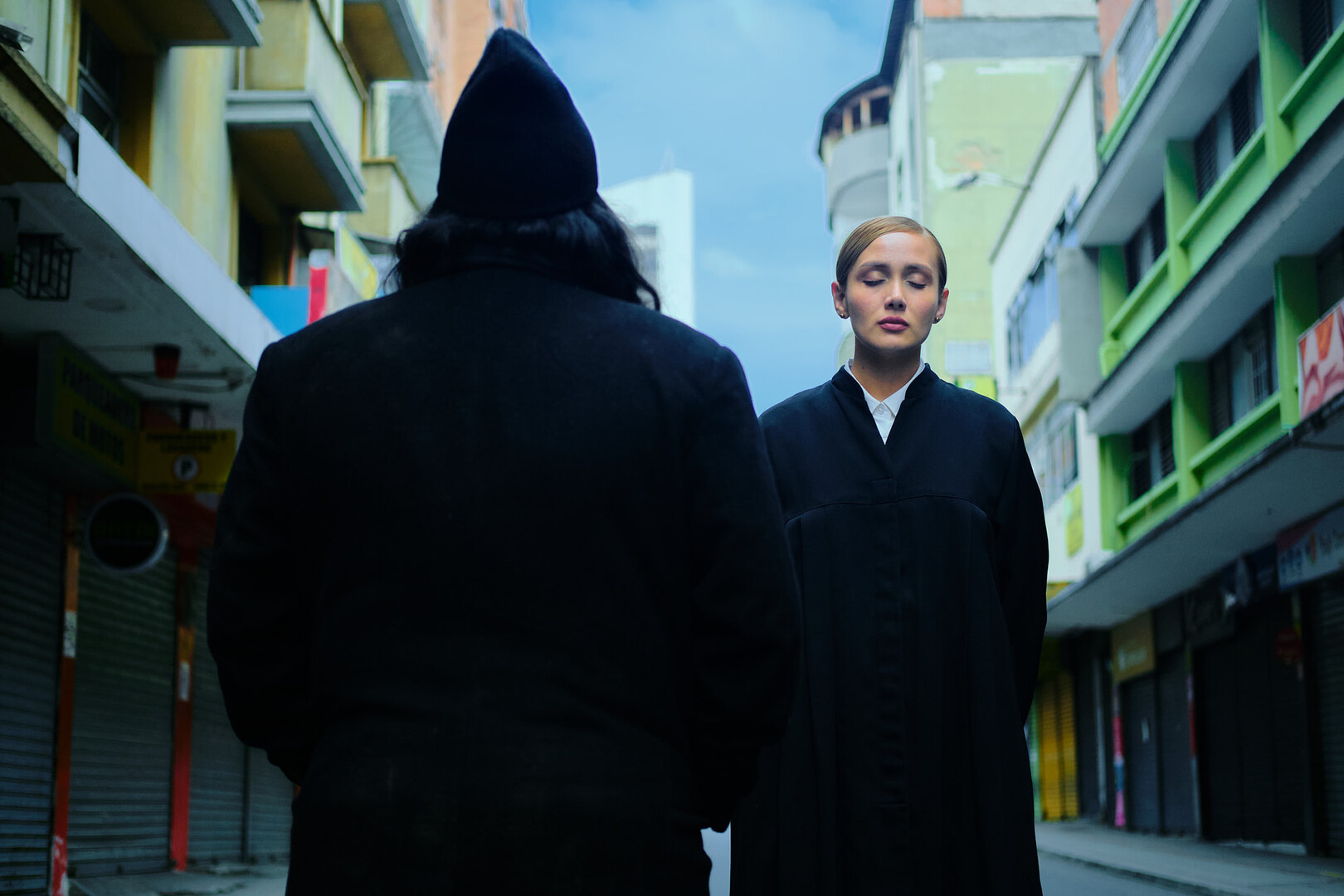
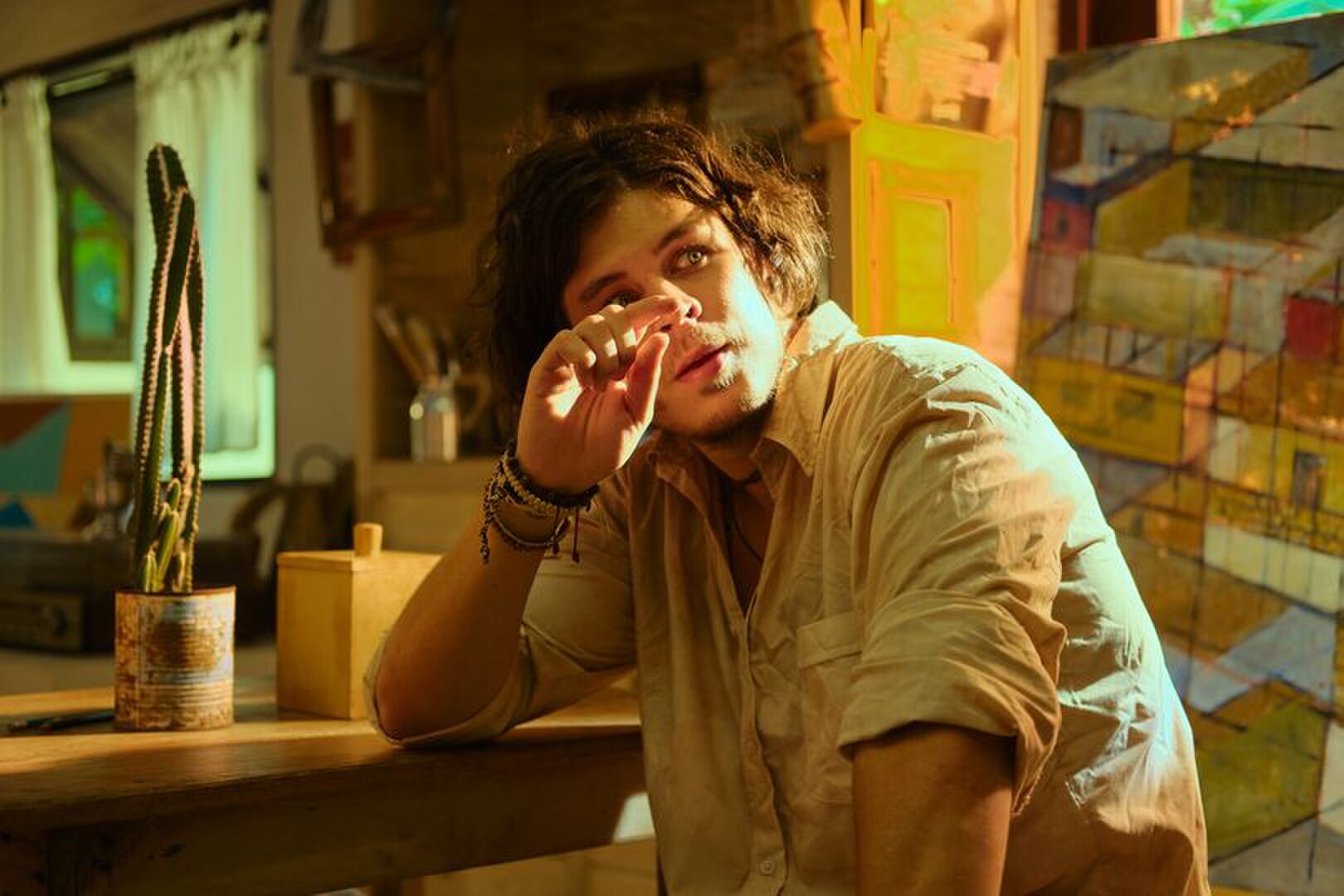
How did you communicate with the cameraman?
We aimed to find a balance, implementing a versatile production method that would optimize time without sacrificing cinematography. We tried to make it easy, but filmmaking is very demanding.

What locations did you choose for your project? And why?
We chose the beaches of the Antioquia coast, the department where all of us involved in the film reside. We wanted to pay homage to the Bullerengue culture that has endured for centuries and is now performed by the descendants of the maroons who inhabited that region. Additionally, we wanted to showcase the beauty of the landscapes. We also used some locations in the city of Medellín to provide context for the ordinary and everyday world of our protagonists.
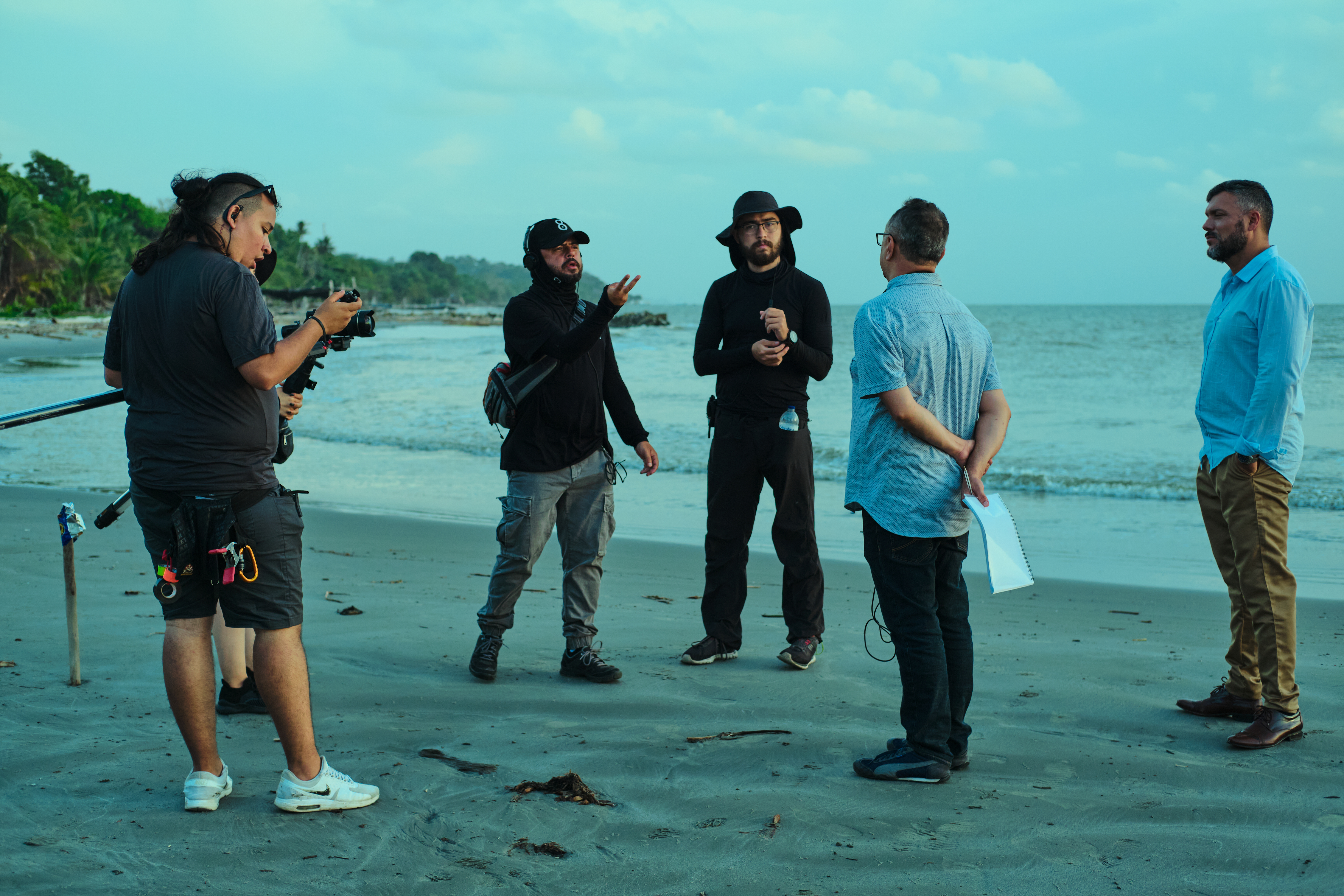
Why should distributors buy your film?
Because stories that revolve around empathy for others deserve to be showcased as expressions of love and a willingness to exist. It's a beautiful story filled with truth, love, and depth, coming at a time when the world needs reflection. It's a story anyone can identify with, regardless of their profession and social status. It also features beautiful cinematography and an interesting editing proposal that challenges the concept of time as a statement of human instability.
What expressive elements did you use in your project?
How would you characterize your work? I try to be guided by what I read, without being influenced by what I've seen over the years. Visual language allows us to sculpt the emotions that arise from each conflict, like an endless roller coaster ride where you don't know what comes after the next curve. That, to me, is the most exciting part of filmmaking. I believe my work stems from exploration, a constant search for truth and naturalness.
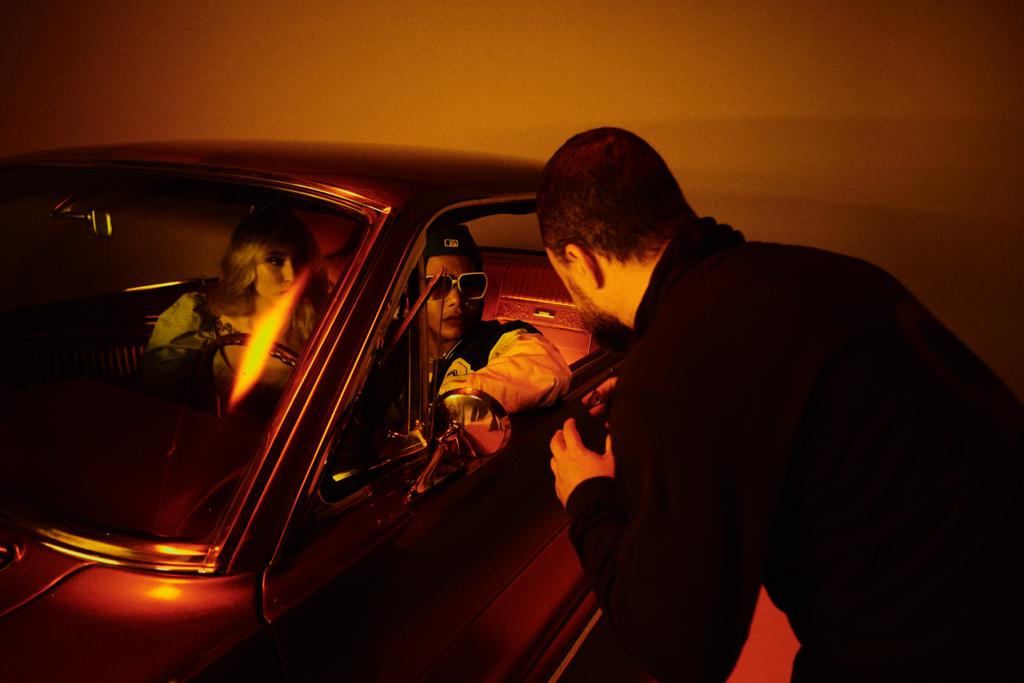
In which festivals have you had success? Has the film been released? If so, where?
I have received several recognitions at various festivals worldwide for two short films [IMDb link]. https://www.imdb.com/name/nm12064619/awards/?ref_=nm_awd
The film will officially premiere at the Chandler International Film Festival, where it was nominated for Best Spanish/Latin Film (Feature). In 2023, I won the Jury Prize for Best Screenplay at the Latinuy Festival – Ópera Prima – Latino Uruguayo y Brasileño.
What motivated you to become a filmmaker?
Seeing so many stories on the streets throughout my life, stories that are people, people who deserve to be told, and the stubbornness to express myself for those without a voice.
What are your favorite films? And why?
Honestly, I don't consider myself a cinephile. Throughout my life, I haven't watched the films that many would expect a filmmaker to have seen. I've loved the streets, every landscape from my travels, every corner in every place. I see cinema reflected on the screen of my mind and memories. Perhaps that's why I don't have a favorite movie or genre. Cinema, in essence, is marvelous.
What themes do you like to explore in your work?
I like to tell stories, and regardless of the subject matter, audiences and markets don't engage with every theme. Trends often change, and if we're lucky, we'll find ourselves engaging with them at some point.
What genre do you enjoy photographing and why?
I like to fantasize about a better world.
What project would you like to shoot someday, and what would it be about?
A story about the responsibility that humans have in co-creating their lives on the material plane.
What do you do when you're not thinking about a film? What are your hobbies?
I write scripts, direct music videos. I enjoy telling stories through experimental photography and cyanotype.
What projects do you plan to shoot in the future?
To shoot my debut feature film "La eterna primavera," a miniseries called "Aire," and many more projects because making films is the best.
Learn more about project:
IMDB: https://www.imdb.com/title/tt15257766/
TRAILER: https://www.youtube.com/watch?v=4cXD4uZuWJk&ab_channel=MART%C3%8DNCINEMA
TRAILER: https://www.youtube.com/watch?v=4cXD4uZuWJk&ab_channel=MART%C3%8DNCINEMA

